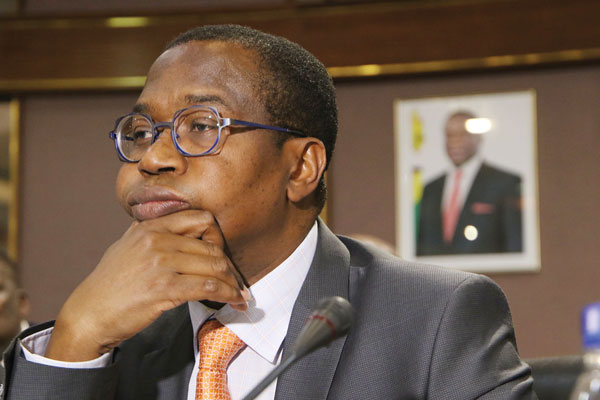
LEGAL think-tank Veritas still maintains that the 2% electronic transaction tax, which was introduced last year by Finance minister Mthuli Ncube, is still illegal and that attempts to amend the Finance and the Income Tax Acts to correct the anomaly amounted to unlawful seizure of property.
BY VENERANDA LANGA
In their recent Bill Watch online publication, Veritas said an Act of Parliament cannot retrospectively validate the illegality made by the Finance minister when he introduced the tax.
The 2% electronic transaction tax was introduced by Ncube as part of a raft of measures to shore up the country’s dwindling revenue base, with reports from the Zimbabwe Revenue Authority showing that the tax boosted up their collections from October to December, where they surpassed their revenue targets.
Ncube then sought to correct the illegal manner in which he introduced the 2% tax by amending the Finance Act along with the 2019 National Budget, but faced resistance from opposition MDC Alliance MPs.
“The Statutory Instrument which originally imposed the tax (SI 205 of 2018) was invalid, in particular because it was not authorised by the statute under which it was purportedly made, hence the tax could not – and still cannot – be legally levied,” Veritas said.
Ncube’s mistake, according to Veritas, was that he announced the 2% tax through a statement on October 1, 2018, instead of first gazetting the regulations to change the rate of the tax on the same day as his statement, as he had the power to do such regulations under section 3 (2) of the Finance Act.
“Clauses 4 and 13 of the Bill try to rectify this by amending the Finance Act and the Income Tax Act so as to allow the new tax to be levied by back-dating the amendments to the date on which the original Statutory Instrument was published.
- Chamisa under fire over US$120K donation
- Mavhunga puts DeMbare into Chibuku quarterfinals
- Pension funds bet on Cabora Bassa oilfields
- Councils defy govt fire tender directive
Keep Reading
“The problem is that SI 205 of 2018 (the original Statutory Instrument) was a nullity, so attempts to collect the tax are illegal and amount to unlawful seizures of property. It cannot be said that the taxpayers have voluntarily paid the tax by making electronic money transfers: with the current shortage of cash it is impractical for them to make payments in any other way, and they are not asked if they agree to the tax being deducted,” Veritas said.
The think-tank said an Act of Parliament could also not retrospectively validate such illegal conduct.
“Validation would go against the principles of good governance, including respect for vested rights, which section 3 of the Constitution declares to be one of Zimbabwe’s founding values,” it said. In December, Ncube told the National Assembly that Zimbabweans were happy and had embraced the 2% tax.







